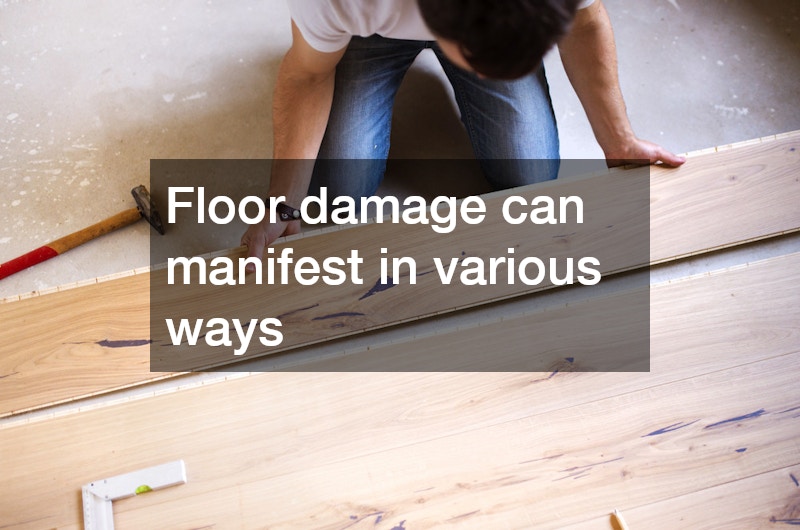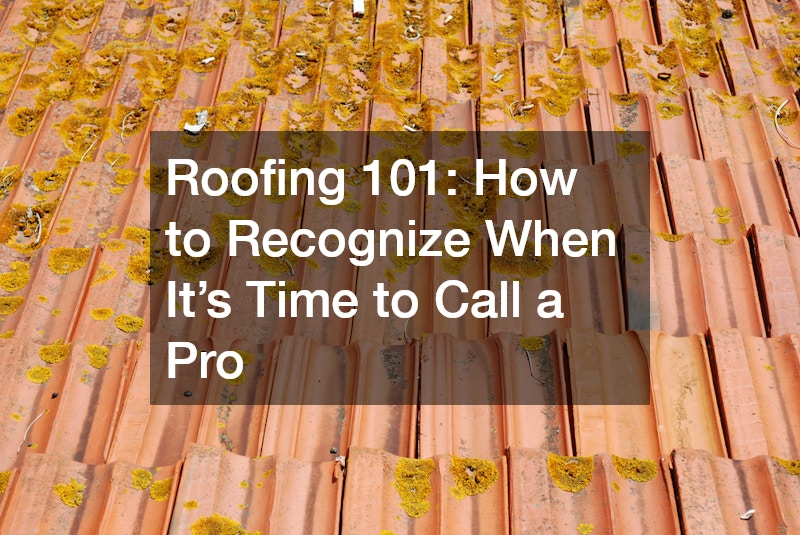Floor damage can manifest in various ways, and recognizing the signs early can save you from more significant issues down the line. One common indicator is the presence of creaks and squeaks when walking across the floor, which often suggests loose boards or weakened subflooring. Additionally, visible cracks on the surface of hardwood or tile floors can indicate underlying structural issues that need attention.
Another telltale sign is water damage, which can cause floors to warp, swell, or discolor over time. This is particularly prevalent in areas prone to high humidity or water exposure, such as bathrooms and kitchens.
Mold and mildew development can accompany water damage and not addressing this promptly can lead to health risks as well as further deterioration of the flooring material.
You should also be on the lookout for uneven or sunken areas, as these may point to foundational issues or the breakdown of the underlayment. Uneven floors not only impact aesthetics but also pose a safety hazard. If you feel odd slopes or dips, it may be time to seek professional floor repair to assess and rectify the situation.
Impact of Ignoring Floor Issues
Ignoring floor issues can lead to a cascade of problems that can impact both your property and your quality of life. For one, minor floor damage can escalate quickly into major repair jobs that are significantly more expensive and time-consuming. Procrastination can result in the need to replace entire sections of flooring, which would otherwise have been avoidable with timely intervention.
Moreover, damaged flooring can pose serious safety risks. Loose tiles or floorboards can become tripping hazards, potentially leading to injuries. In commercial settings, such hazards can even expose the owner to liability, making it crucial to address floor repair needs promptly.
Beyond safety and financial implications, leaving floor issues unaddressed can also affect your home’s aesthetic and market value. Potential buyers or tenants are often deterred by visible defects or irregularities. Whether you’re planning to sell or rent, maintaining your flooring is vital to ensuring your property’s appeal and value remain intact.
Types of Flooring and Their Repair Needs
Different types of flooring have distinct repair needs, and understanding these can help you make informed decisions. Hardwood floors, for instance, are known for their elegance but can be prone to scratches and water damage. Routine maintenance and the occasional refinishing can go a long way in preserving their condition.
Conversely, tile floors, while durable, can crack or chip under heavy impact. Replacing individual tiles is often a straightforward repair, provided you have spare tiles for a perfect match. Regular inspection of grout lines can also help prevent more extensive damages by keeping moisture at bay.
Carpeted floors, on the other hand, can suffer from wear and tear, stains, and matting, particularly in high-traffic areas. Regular cleaning and the occasional deep steam cleaning can extend the life of your carpeting. For severe issues, patching or partial replacement may be necessary to maintain the appearance and integrity of carpeted floors.
When to Call a Professional for Floor Repair
While some floor repairs can be completed with a bit of DIY knowledge, others require the expertise of a professional to ensure quality results. Complex problems like warped hardwood, uneven tiles, or extensive water damage typically necessitate professional intervention. Professionals have access to specialized tools and materials, ensuring that repairs are effectively executed.
Furthermore, hiring a professional guarantees that underlying issues are adequately diagnosed and addressed, preventing recurrence. They can assess whether the problem is localized or symptomatic of a more significant concern, such as foundational issues, saving you from future surprises. A licensed contractor can also provide recommendations for long-term solutions tailored to your specific flooring type and situation.
If your attempts at floor repairs have not resolved the issue or if the damage escalates despite attempts at maintenance, it is prudent to call in the pros. Look for qualified floor repair experts with good reviews and testimonials from past clients. Having a reliable professional can not only solve your immediate concerns but contribute to the longevity and durability of your flooring.
Cost Considerations for Floor Repairs
Cost is often a significant consideration when it comes to floor repairs, and several factors can influence the overall expense. The type and extent of damage play a considerable role; minor issues may only require minimal investment, while extensive repairs might necessitate significant financial outlay. Likewise, different flooring materials have varying repair complexities and associated costs.
For instance, hardwood floor repairs can be more costly due to the need for specific materials and finishes, whereas replacing a cracked tile might be quite affordable. Labor costs can also vary depending on the region and the professional you hire. It is vital to obtain multiple estimates and verify credentials before settling on a service provider for your floor repair needs.
Lastly, consider the long-term benefits of resolving flooring issues to outweigh the initial costs. Quality repairs can prolong the lifespan of your floor, enhance your home’s value, and reduce the need for more frequent, expensive interventions. Budgeting for routine maintenance in the long run can act as a preventative measure against more costly repairs.




